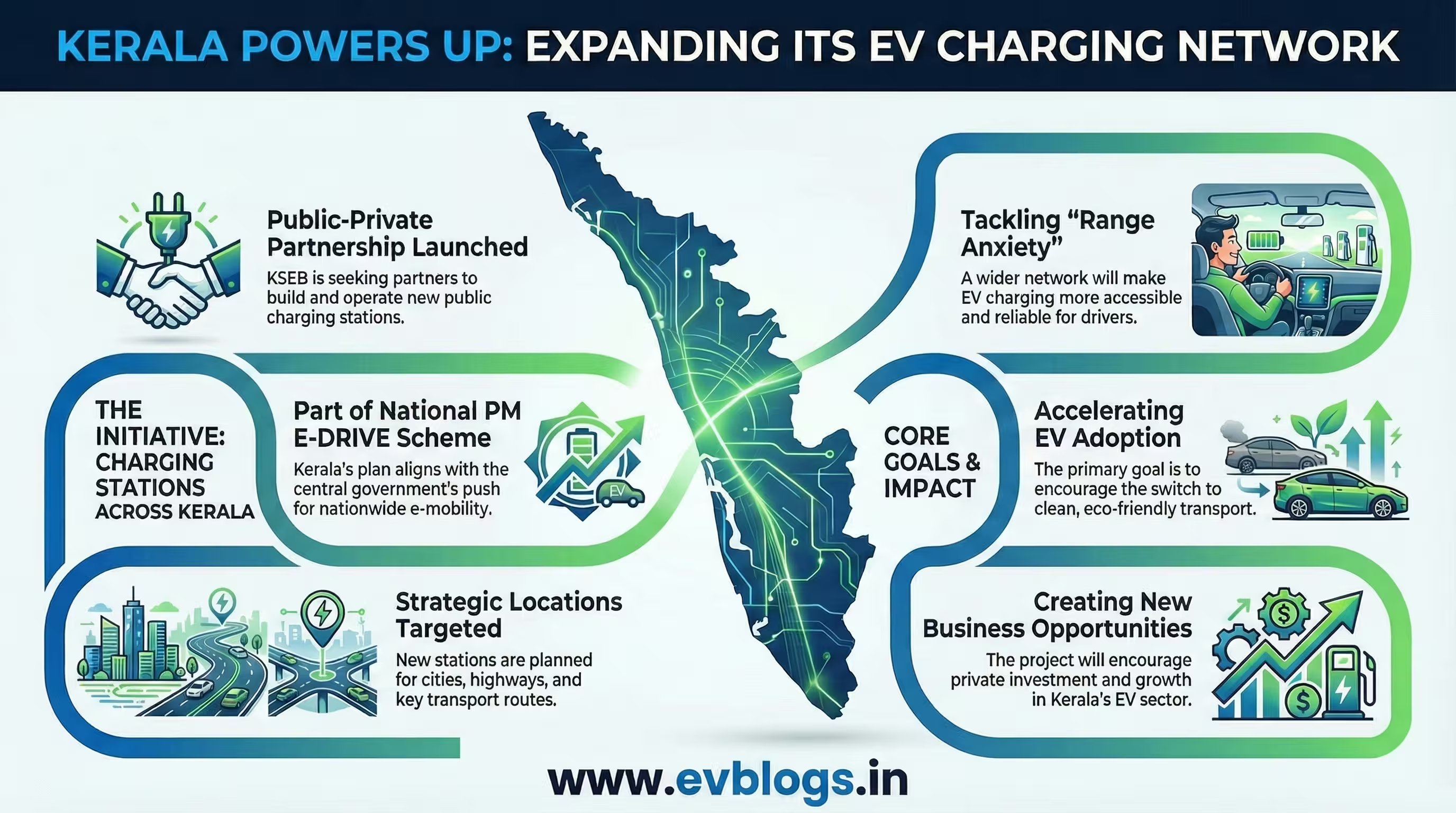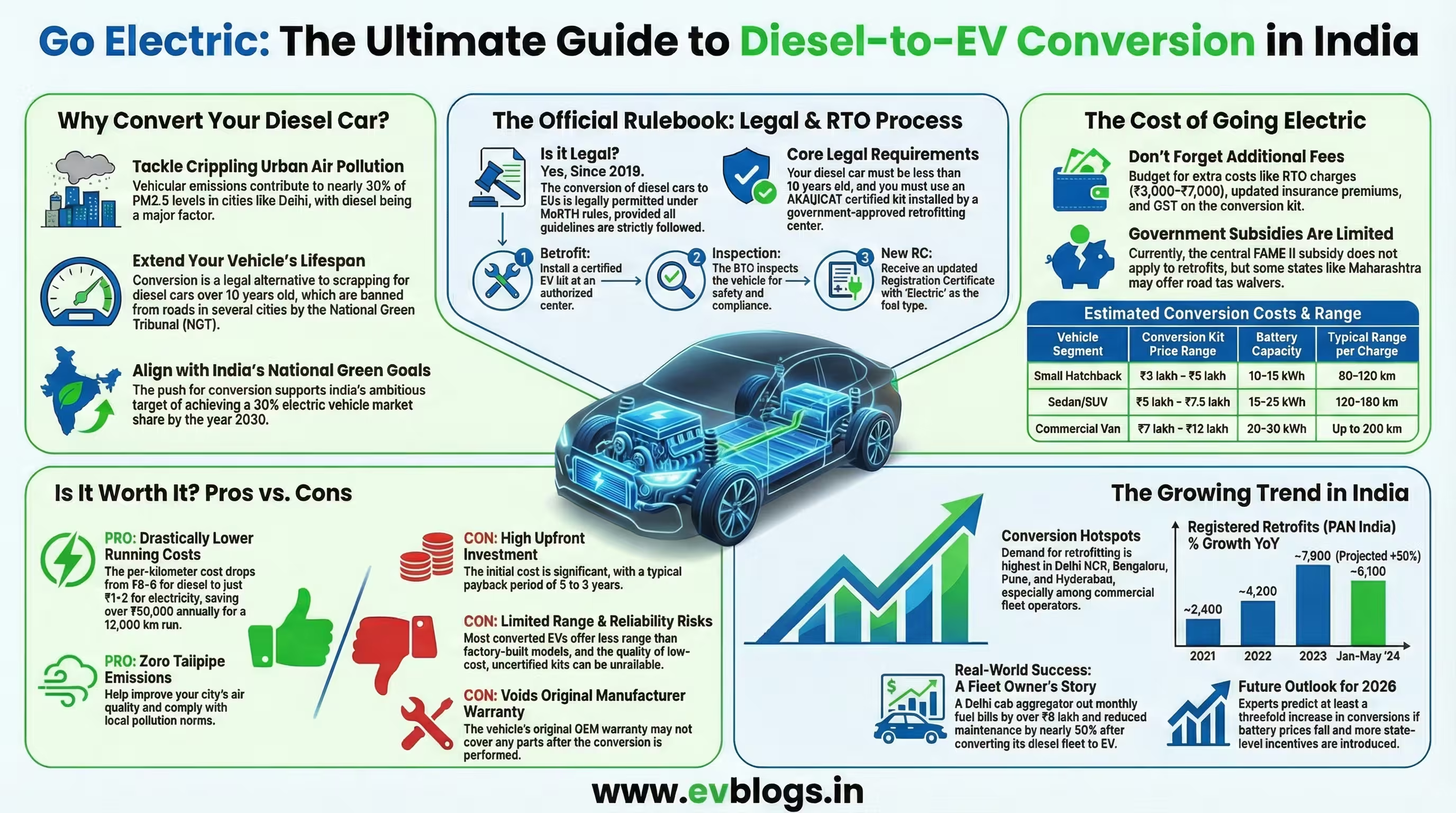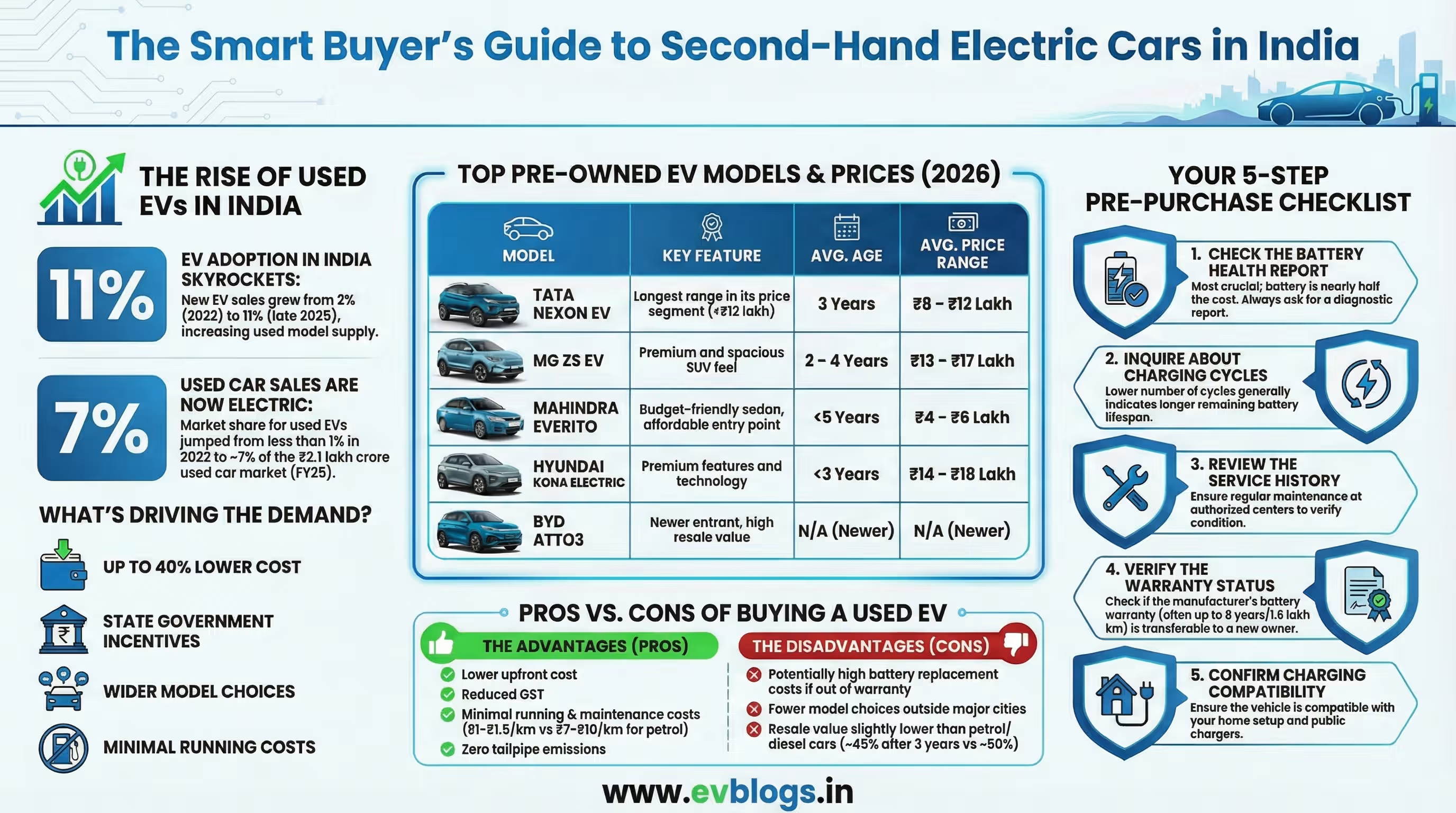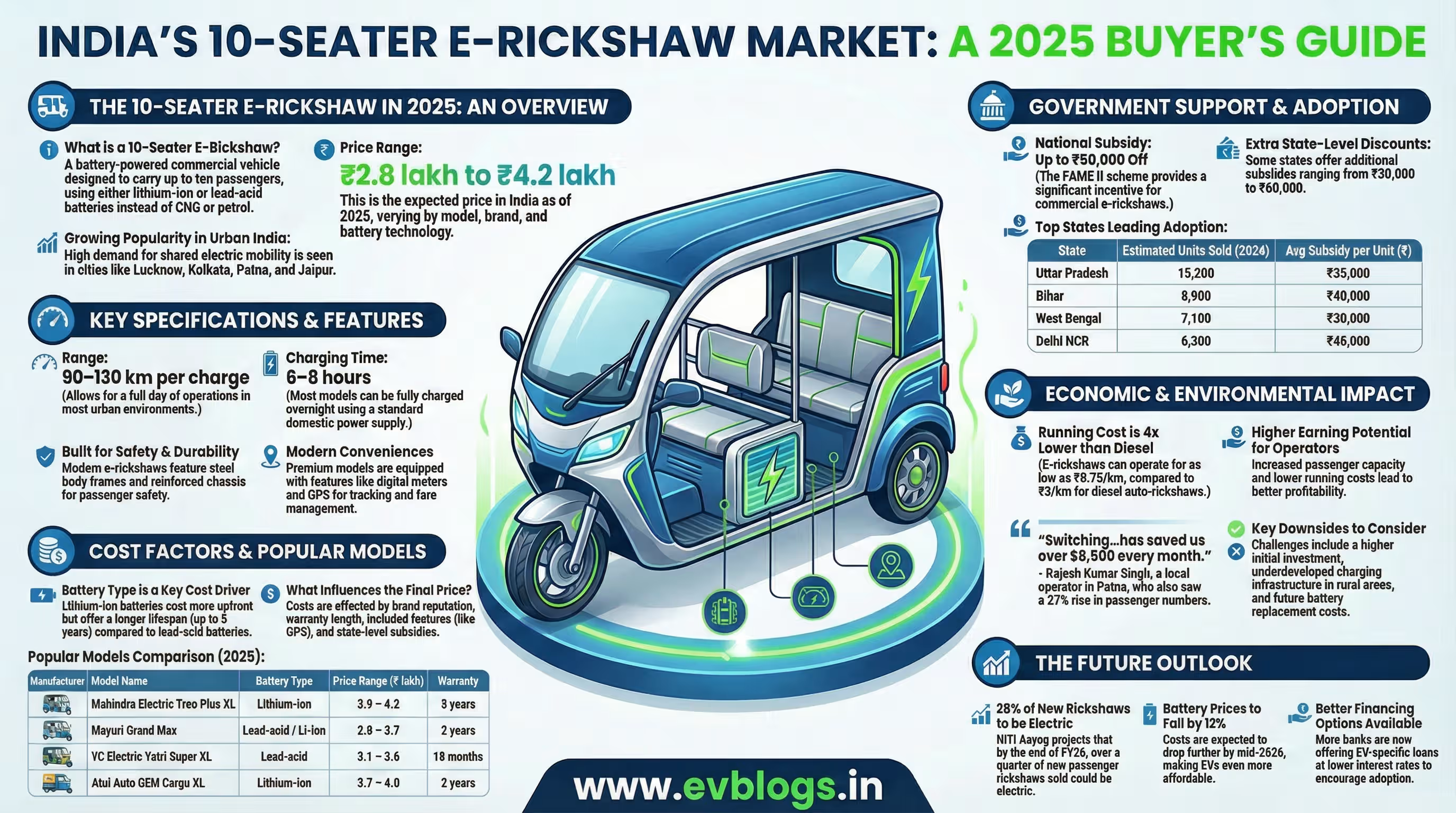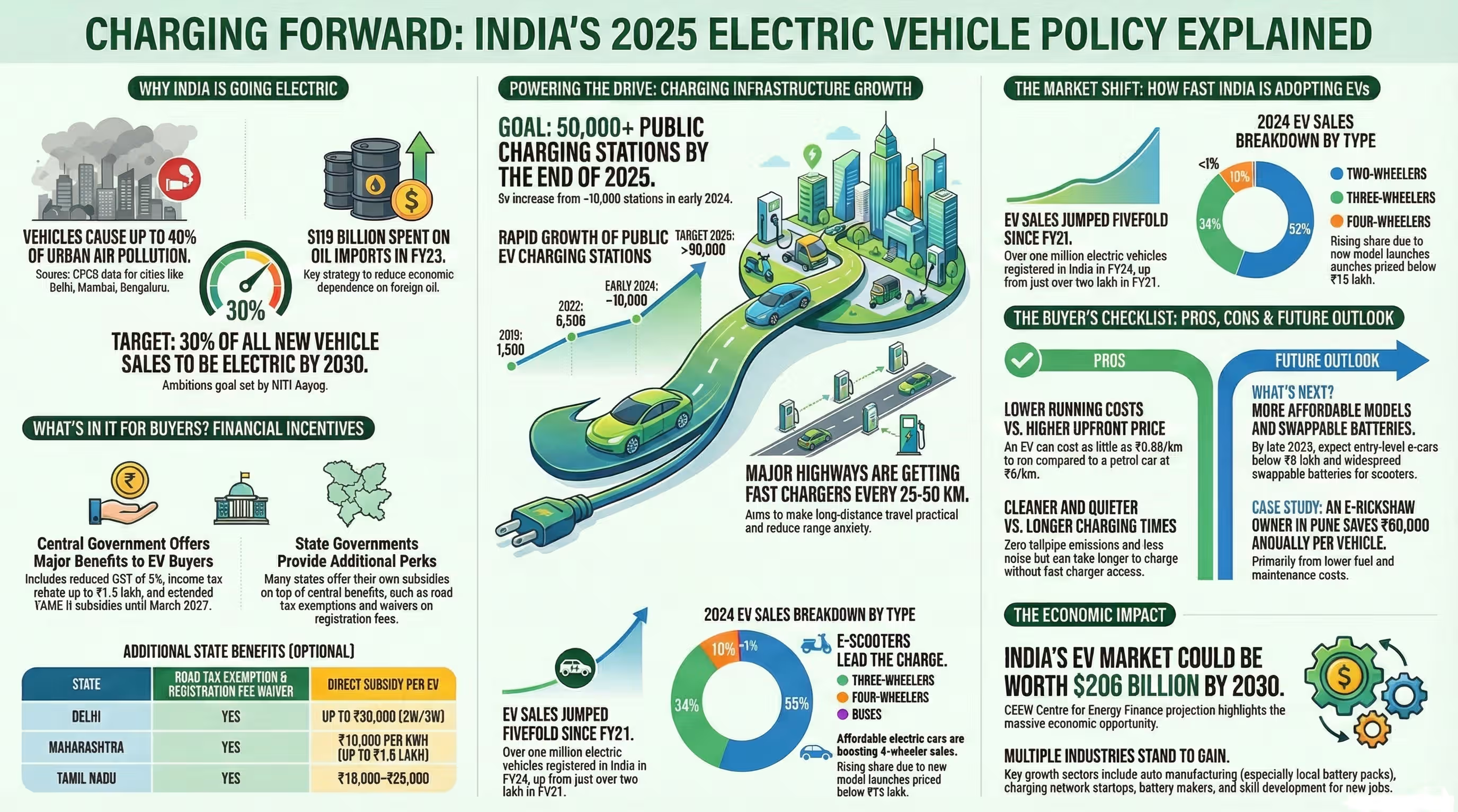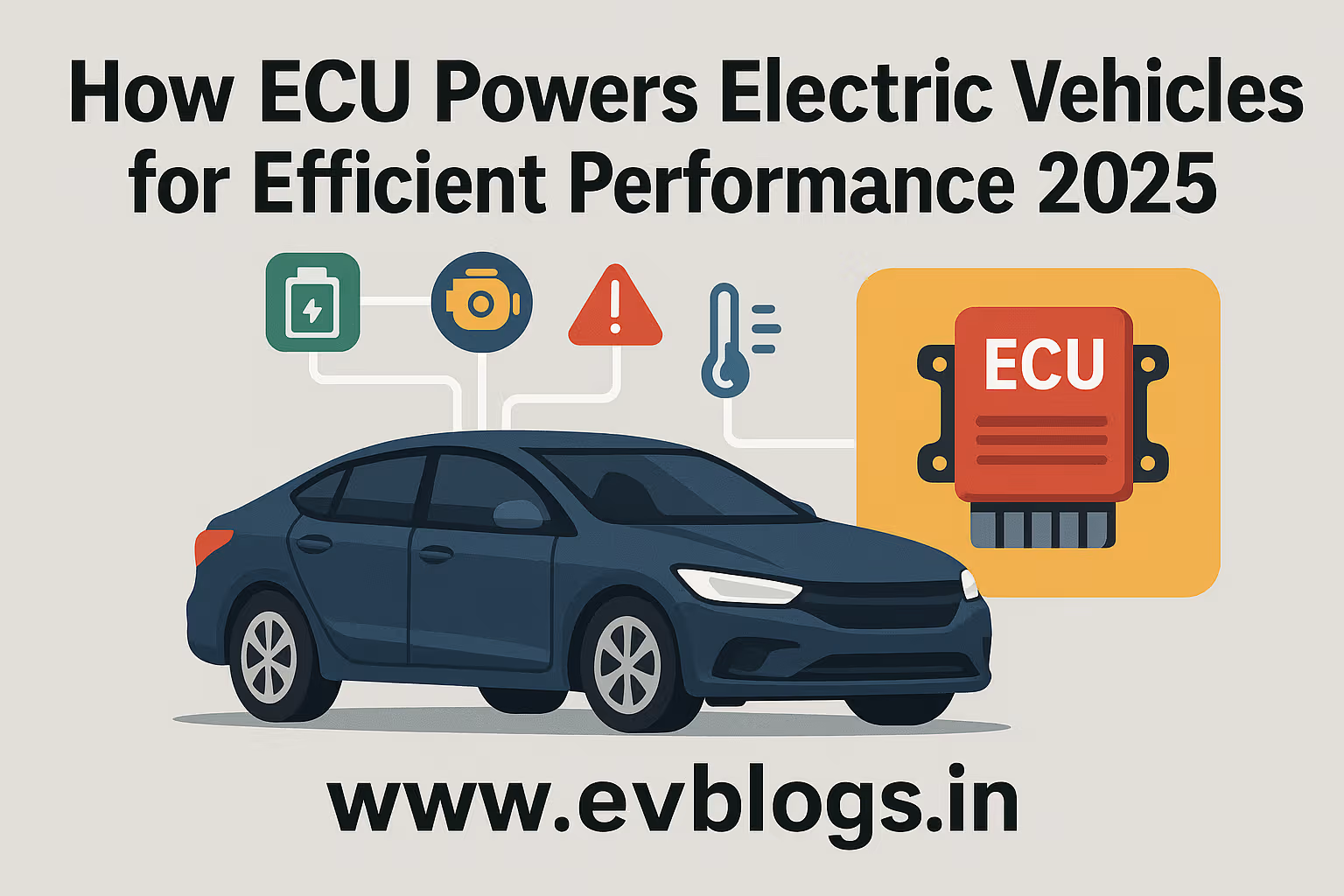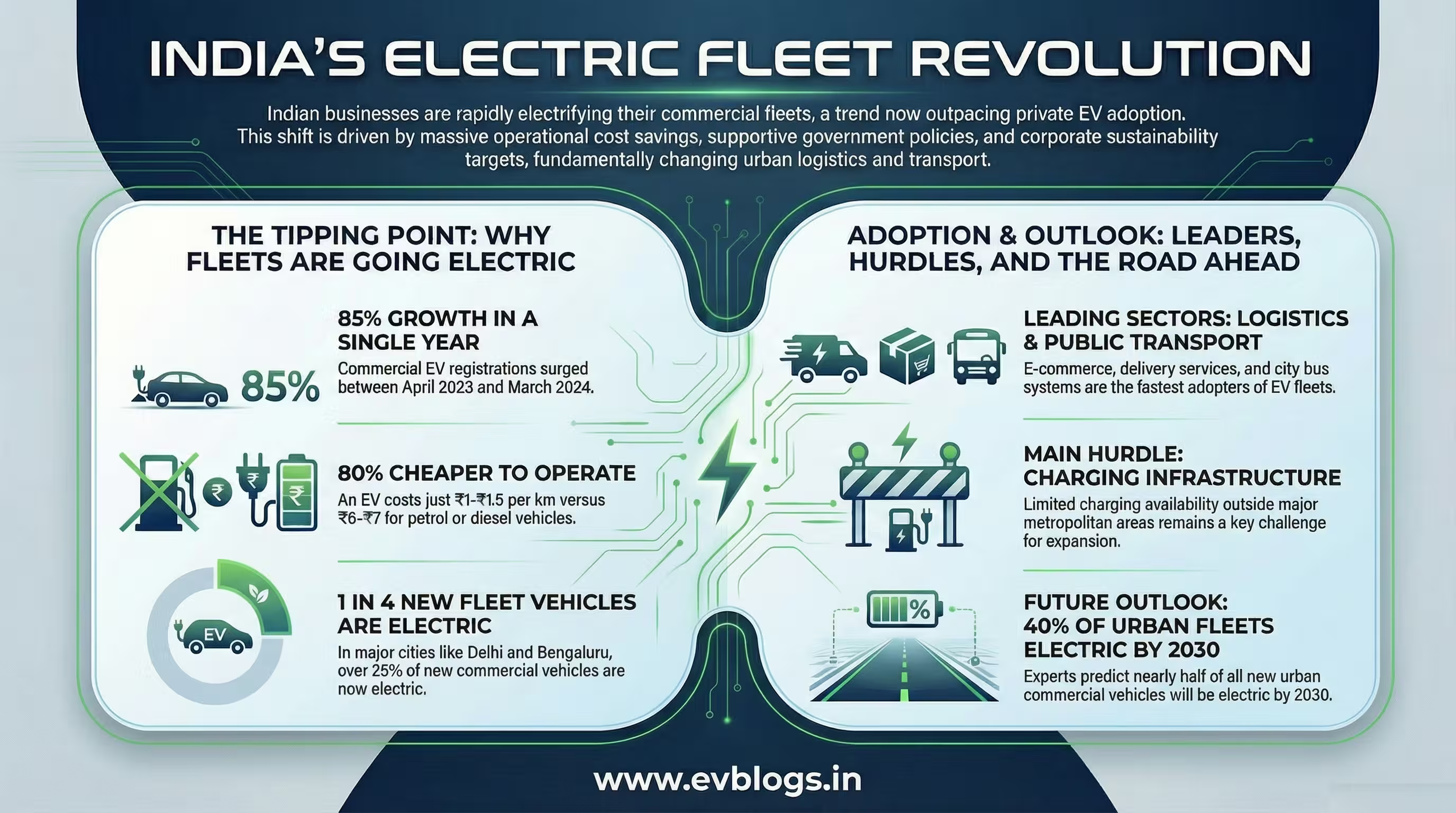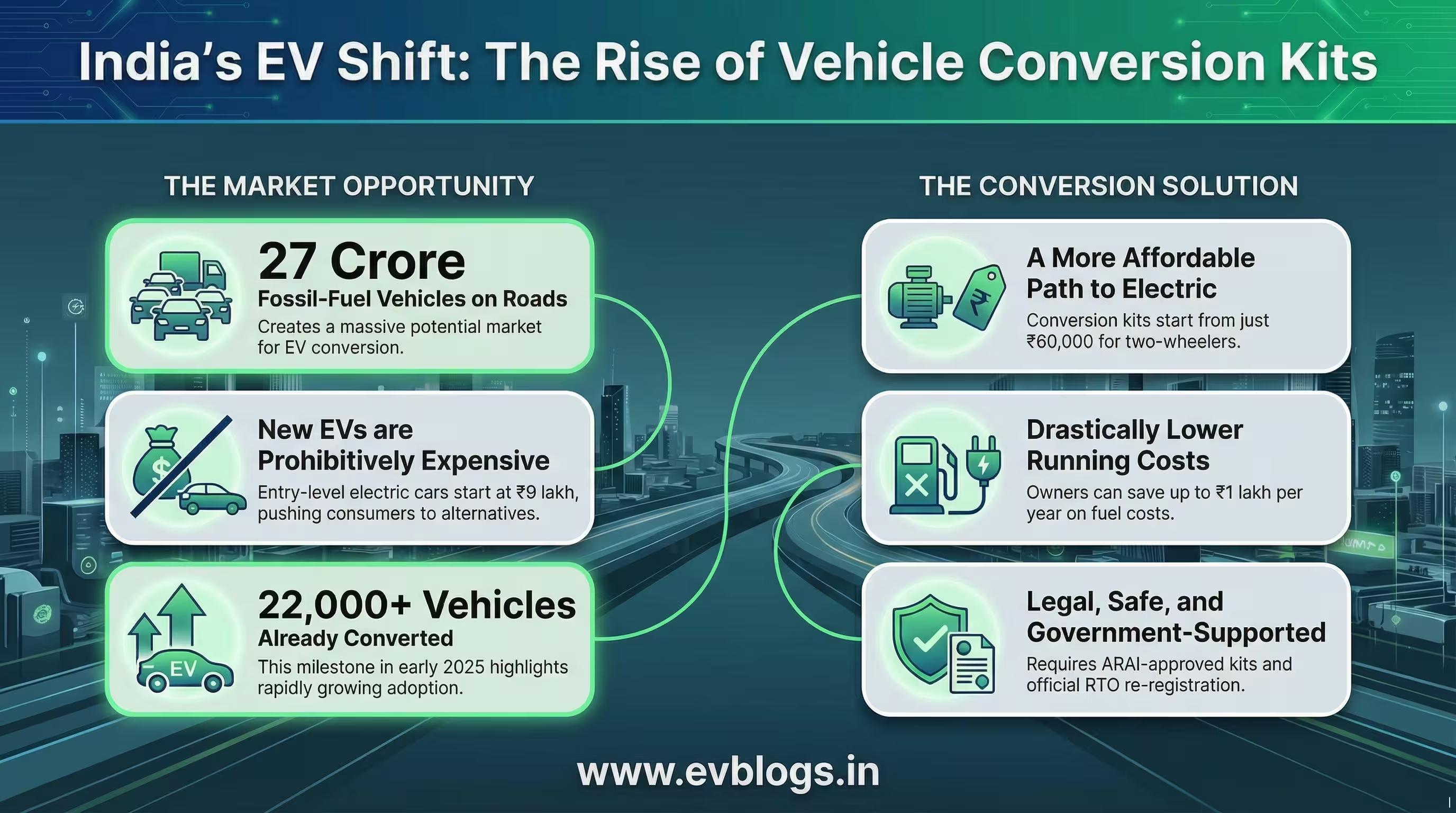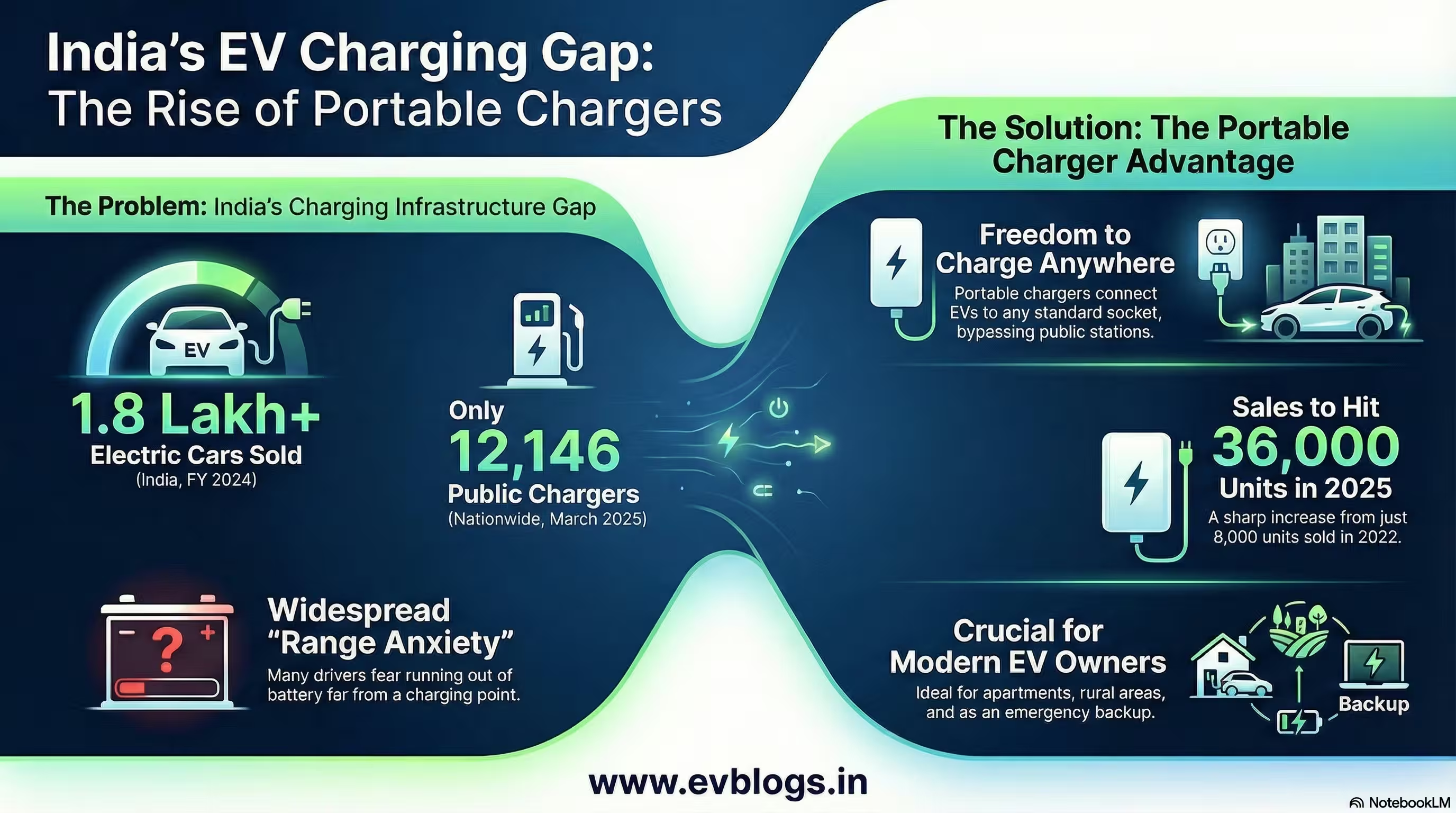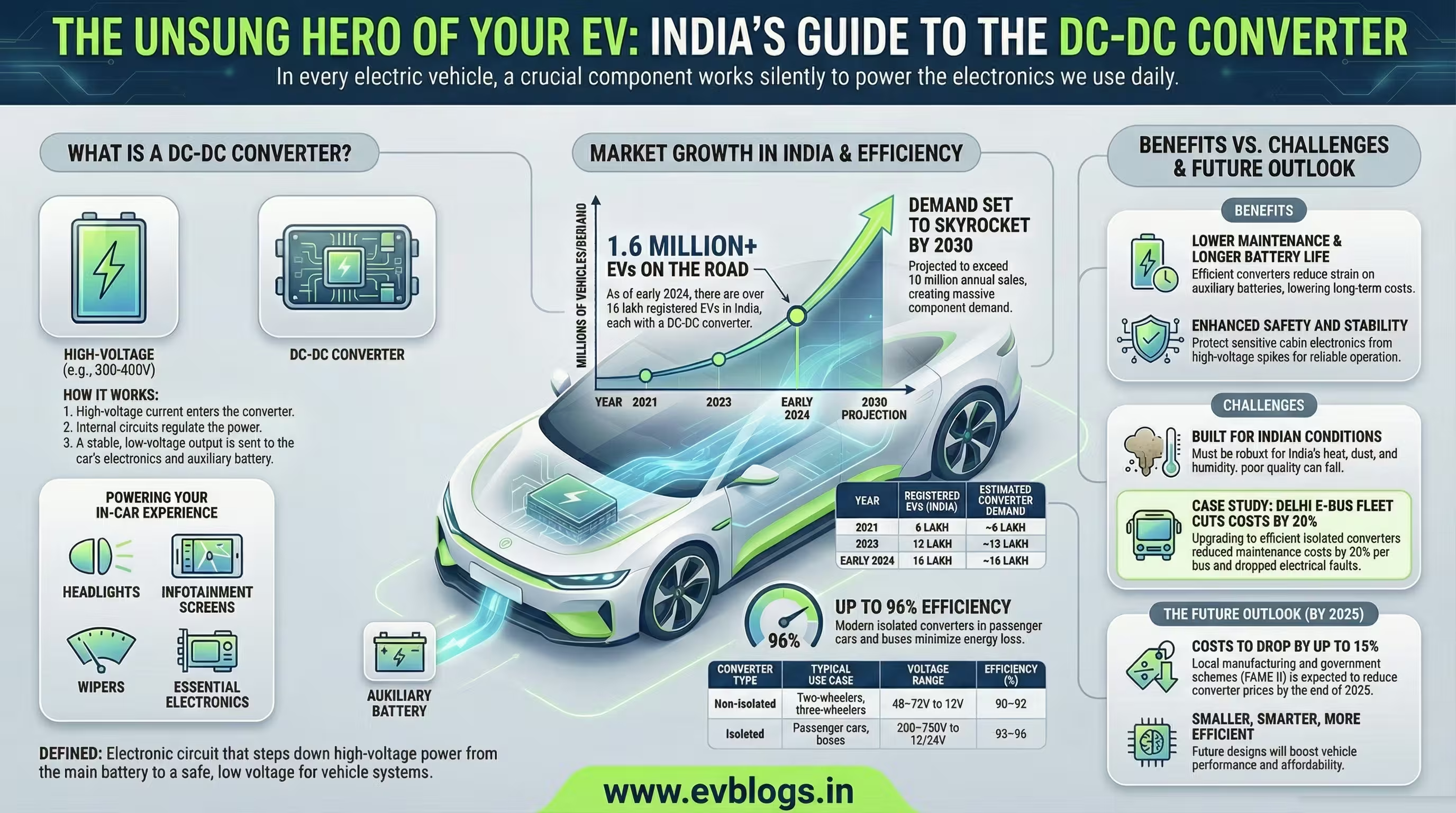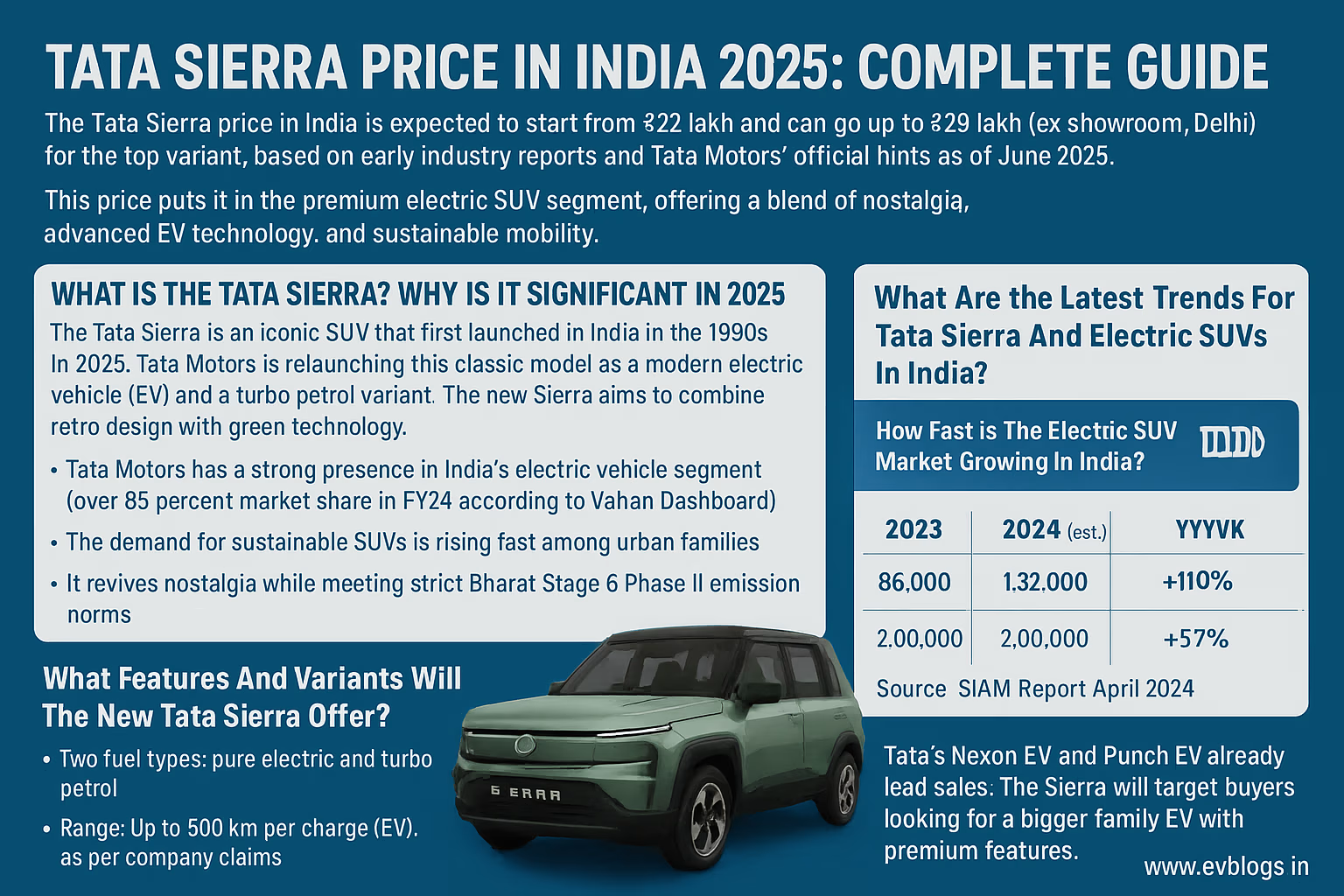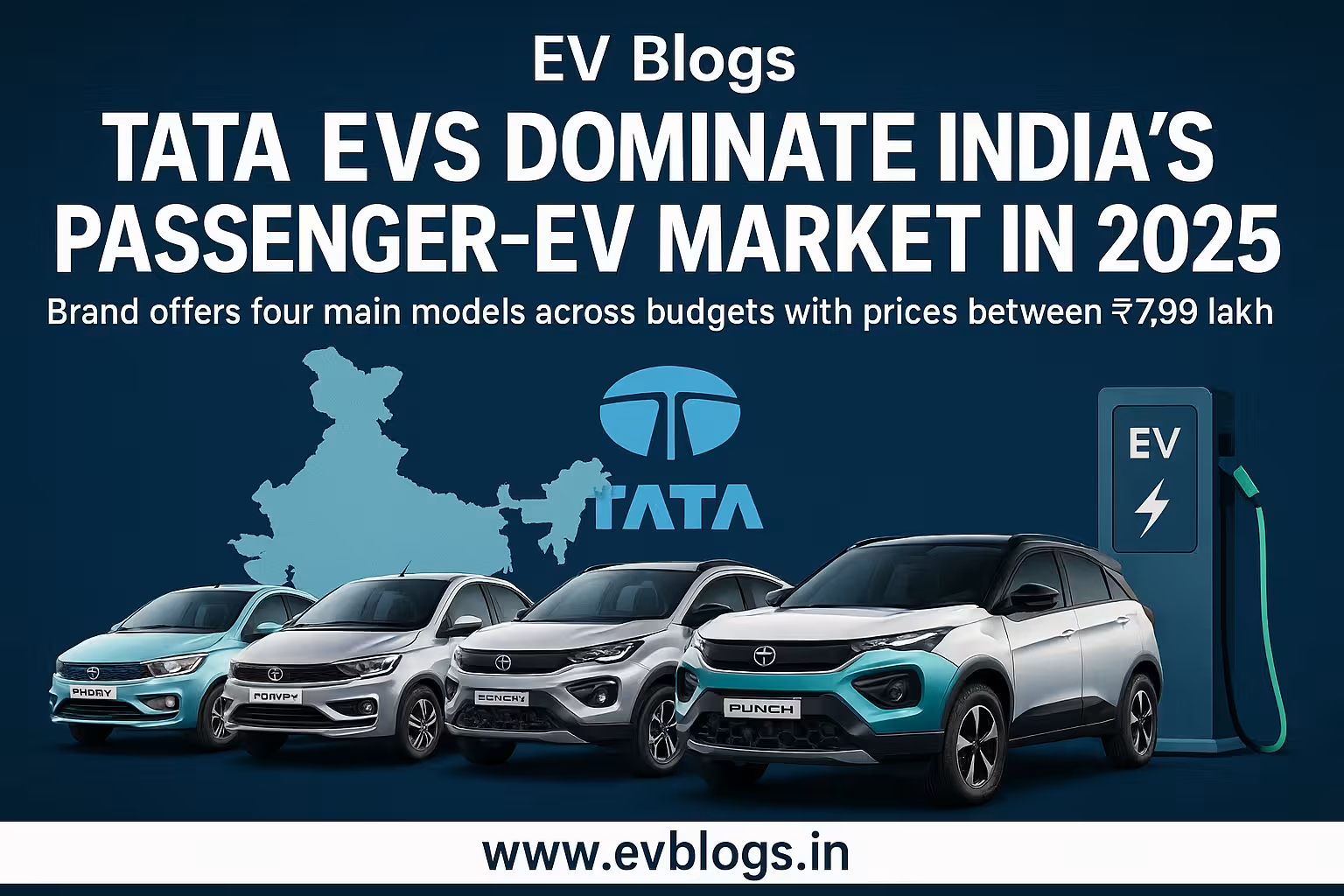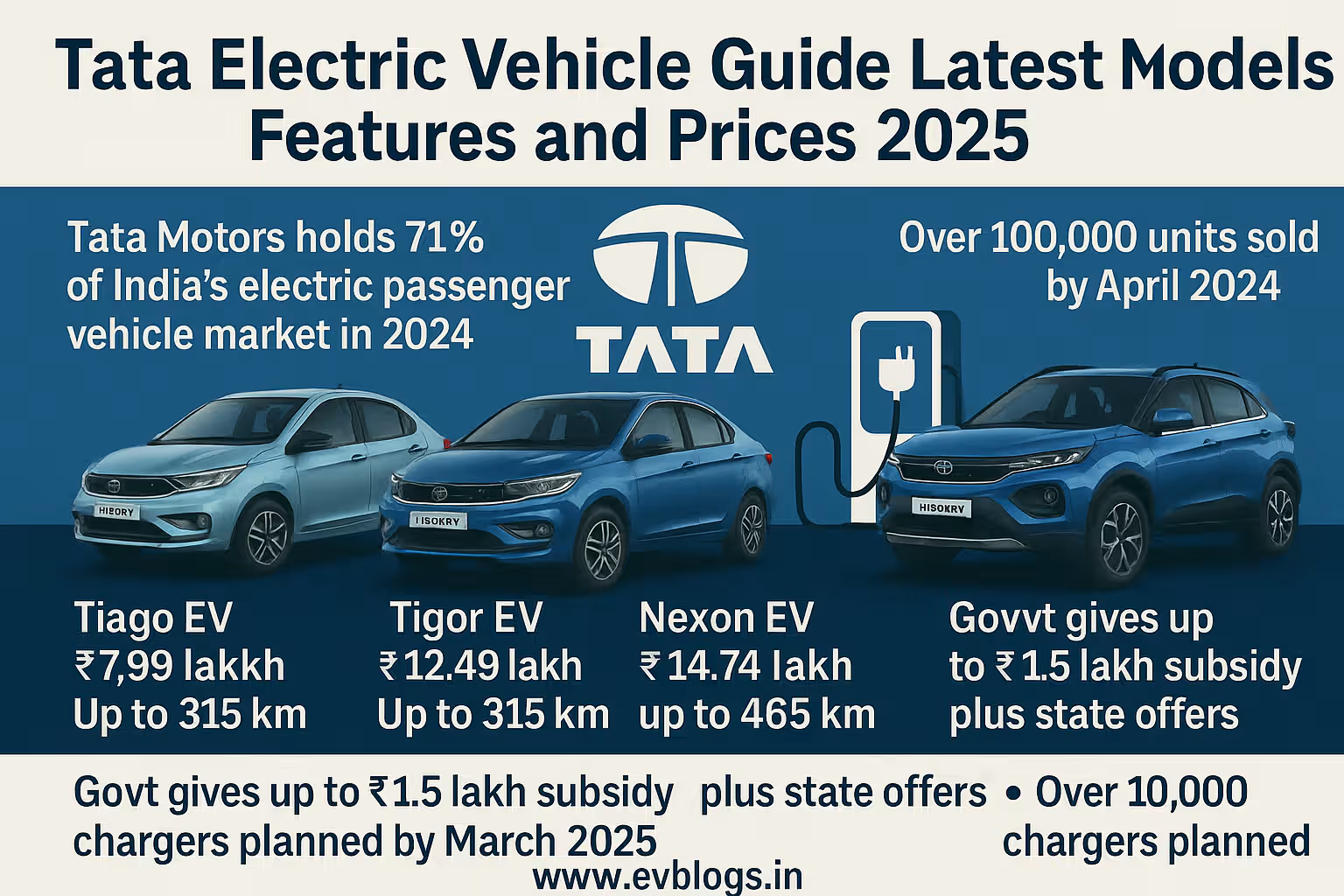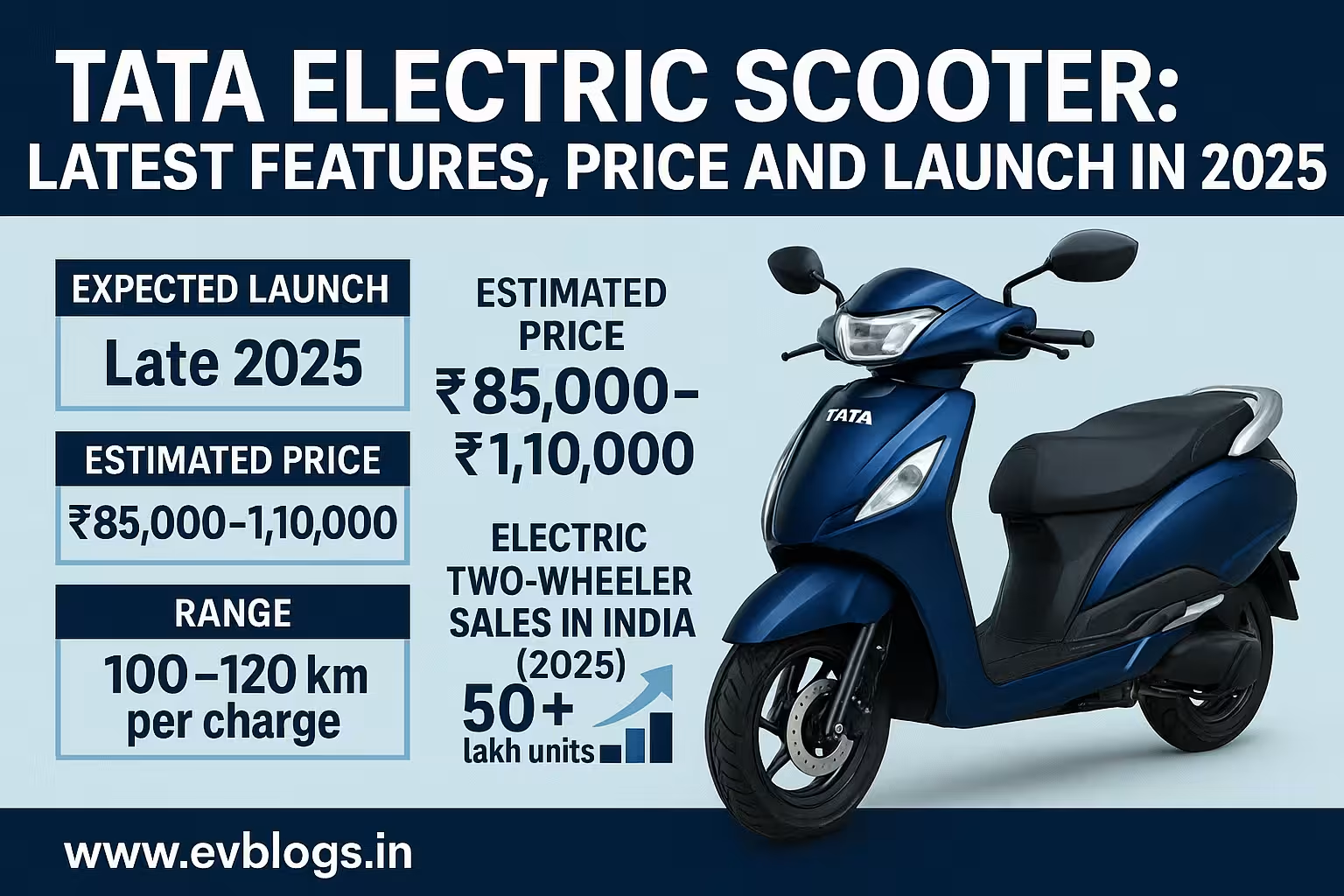Hedhvick Hirav
Hedhvick Hirav is a dedicated EV researcher and editor with over 4 years of experience in India’s growing electric vehicle ecosystem. Their contributions have been recognized in leading sustainability publications and automotive journals.
Summarize & analyze this article with
Choose an AI assistant and open this article directly:
Tip: if the AI doesn’t fetch the page automatically, paste the article URL manually.
Electric Vehicle Battery Price: 2025 Insights, Trends & Real Costs
The electric vehicle battery price in 2025 is a defining factor for EV adoption and ownership costs across India and the globe. As per Statista and industry studies, the average cost per kilowatt-hour (kWh) for EV batteries dropped to around $90 (₹7,500) in early 2024—a significant decrease from $137 (₹11,400) in 2020. This sharp decline has made electric vehicles more affordable, but regional variations, battery chemistry advancements, and supply chain issues are shaping the Indian market differently than global benchmarks. In this guide, we examine what drives EV battery prices today, why it matters for Indian consumers and businesses in 2025, major trends with up-to-date data, and practical advice for buyers.
Understanding Electric Vehicle Battery Price in 2025
What Is an Electric Vehicle Battery Price?
An electric vehicle battery price refers to the amount paid per kilowatt-hour (kWh) of capacity or the total cost of the battery pack installed in an EV. It’s a crucial metric because:
- Battery packs account for 35–45% of an EV’s total manufacturing cost (NITI Aayog 2024).
- Lower battery prices directly reduce the on-road price of electric cars, bikes, buses, and commercial vehicles.
- The price includes raw materials (lithium, nickel, cobalt), manufacturing, technology (cell chemistry), and supply chain costs.
Key Price Points in 2025:
- Global average: $90/kWh (~₹7,500)
- India-specific average: $105/kWh (~₹8,750), due to import duties and logistics
- Typical EV car battery size: 30–60 kWh
- Replacement cost range: ₹2 lakh to ₹6 lakh for mainstream models
Why Does Electric Vehicle Battery Price Matter in 2025?
How Does Battery Cost Impact Electric Vehicle Adoption?
- Affordability: Lower battery prices make new EVs cheaper upfront.
- Total Cost of Ownership (TCO): Batteries influence running costs—cheaper replacements = better long-term savings.
- Fleet Electrification: Lower prices accelerate adoption among taxi operators and logistics firms.
- Government Targets: India aims for 30% EV sales penetration by 2030; affordable batteries are central to this goal.
Case Example:
According to a June 2024 report by CEEW Centre for Energy Finance:
“A ₹3 lakh reduction in battery pack prices can make small electric cars competitively priced against ICE counterparts.”
Key Trends Shaping Electric Vehicle Battery Price in India & Globally
What Are the Latest Battery Pricing Trends (2024–2025)?
Declining Prices Globally
- As per BloombergNEF’s December 2024 update:
- Average pack price fell from $137/kWh in 2020 to $90/kWh in early 2024—a 34% drop over four years.
- Main reasons:
- Advances in lithium iron phosphate (LFP) chemistry
- Scale economies as gigafactories expand production
- Improved recycling techniques
India’s Unique Pricing Dynamics
| Year | Global Avg ($/kWh) | India Avg ($/kWh) | % Difference |
|---|---|---|---|
| 2020 | $137 | $155 | +13% |
| 2022 | $110 | $120 | +9% |
| 2024 | $90 | $105 | +17% |
Source: Statista, NITI Aayog Battery Report June 2024
Why Is India More Expensive?
- Import duties on cells/modules
- Limited local cell manufacturing as of mid-2024
- Logistics & currency fluctuations
Table: Typical Battery Replacement Costs by Vehicle Type (India)
| Segment | Typical kWh Size | Replacement Cost Range (₹) |
|---|---|---|
| Electric Scooter | 2–3 kWh | ₹30,000 – ₹60,000 |
| Electric Car | 30–40 kWh | ₹2 lakh – ₹4 lakh |
| Premium Electric SUV | >60 kWh | ₹6 lakh – ₹10 lakh |
| E-Bus | 150–250 kWh | ₹20 lakh – ₹35 lakh |
Factors Influencing Electric Vehicle Battery Prices
What Drives Up or Down the Cost of EV Batteries?
Key Factors:
Raw Material Prices
- Lithium carbonate hit record highs ($70K/tonne) in late 2022 but stabilised at ~$28K/tonne by May 2024.
- Nickel and cobalt prices are volatile due to supply chain shocks.
Technology & Chemistry
- LFP batteries now dominate mass-market models—cheaper but lower energy density than nickel-manganese-cobalt (NMC).
- Solid-state batteries are expected post-2026 but remain costly.
Manufacturing Scale
- Larger “gigafactories” drive down per-unit costs via automation.
Government Policies
- PLI Scheme for Advanced Chemistry Cell (ACC): Targets local cell production; first phase output expected late-2025.
- FAME-II subsidies reduce effective buyer cost.
Data Insight:
According to NITI Aayog’s June 2024 review: “Local cell manufacturing could reduce India’s battery prices by up to 20% by end-2026.”
The Pros & Cons of Current EV Battery Pricing
What Are the Benefits and Drawbacks of Falling Battery Prices?
Pros:
- Cheaper EVs make mass adoption realistic for Indian middle-class buyers.
- Lower fleet operation costs benefit commercial players—e.g., ride-hailing apps or e-commerce delivery fleets.
- Enables government targets for decarbonisation without excessive subsidies.
Cons:
- Short-term fluctuations may impact resale value or insurance premiums.
- Rapid shifts can strain after-sales service networks unprepared for higher replacement volumes.
- Import reliance exposes industry to currency risks and global supply disruptions.
Industry Benchmarks & Performance Metrics
How Do Indian Insurers Handle Battery Claims? (IRDAI Data)
With rising EV penetration (~2.7 million registered units as of March 2025; Ministry of Road Transport), insurance claims related to batteries have surged.
Table: Claim Settlement Ratios — Top Motor Insurers FY23–24 (EV Segment)
| Insurer | Claim Settlement Ratio (%) | Avg Claim Processing Time (days) |
|---|---|---|
| PSU Insurer A | 97.8 | 11 |
| Pvt Insurer B | 98.1 | 9 |
| Pvt Insurer C | 96.9 | 12 |
Source: IRDAI Annual Report FY23–24
Insight:
Claim settlement ratios are above industry averages due to standardised parts pricing and digital claim processing for EVs.
Case Studies & Real-Life Examples
How Do Changing Battery Prices Affect Buyers & Businesses?
Case Study #1: Private Car Owner — Delhi NCR
Ms Ritu Sharma purchased an electric hatchback with a nominal range of ~250 km. Her vehicle required a battery replacement after four years due to degradation:
- Original pack cost: ₹3.8 lakh
- Replacement quote in March ’25: ₹2.8 lakh
Savings: ~₹1 lakh reduction thanks to falling global cell prices and partial local assembly.
Case Study #2: Logistics Fleet Operator — Bengaluru
A mid-sized delivery company switched its two-wheeler fleet from petrol scooters to e-scooters:
- Fleet size: 200 units
- Initial outlay per scooter (battery included): ₹72K
By end of lease term (3 years), newer replacement packs were available at ₹38K instead of original ₹52K/unit—a saving that improved their operating margin by ~12%.
Frequently Asked Questions About Electric Vehicle Battery Price
Why Are Some Batteries Cheaper Than Others?
Battery chemistry plays a key role—LFP packs are cheaper but heavier; NMC packs are pricier with longer range.
How Often Do You Need To Replace An EV Battery?
Most mainstream batteries last seven-eight years or over one lakh km before significant degradation (>20%).
Can You Refurbish Or Recycle Old Batteries In India?
Yes! Several start-ups offer repurposing services; used batteries often find second-life applications like stationary storage.
Do Falling Battery Prices Affect Insurance Premiums?
Over time yes—lower replacement costs lead insurers to moderate premium hikes for comprehensive covers on EVs.
Will Local Cell Manufacturing Really Reduce Costs?
According to NITI Aayog projections, domestic cell factories can cut landed costs by up to one-fifth once they reach scale post-late ’25.
Future Outlook: Where Are Electric Vehicle Battery Prices Heading?
What Does The Road Ahead Look Like For Indian Consumers?
By late 2025, experts forecast further declines as local capacity ramps up under PLI ACC schemes:
- Average price target: sub-$80/kWh (~₹6,600)
- Entry-level e-car batteries expected below ₹2 lakh within two years
- Used/refurbished pack market will expand rapidly
Adoption Trends Table
| Year | Registered EVs (‘000 units) | % Growth YoY |
|---|---|---|
| FY21 | ~153 | +55% |
| FY23 | ~1,050 | +92% |
| FY25* | ~2,700 | +60% est |
*Projected based on Vahan portal & MoRTH data
Quick Recap: Key Stats & Takeaways on Electric Vehicle Battery Price
- Global average battery price: ~$90/kWh; India average ~$105/kWh as of early ’25
- Replacement cost: Typically ranges from ₹30K (e-scooter) up to ₹10 lakh+ (luxury SUV)
- Insurance claim settlement ratios high: >97%, faster processing times than ICE claims
- Battery price drop since ’20: Over one-third globally; slightly slower pace in India due to import dependence
- Future trend: Domestic production + tech advances = further drops; entry-level e-car batteries could fall below ₹2 lakh soon
People Also Ask
Q1: What is the current electric vehicle battery price in India?
As of early 2025, most new car batteries cost between ₹8,500–₹9,000 per kWh; full packs typically range from ₹2–6 lakh depending on capacity.
Q2: Will electric vehicle battery prices continue dropping after 2025?
Yes! With domestic manufacturing scaling up under PLI schemes and improved recycling tech, analysts expect sustained downward pressure on prices until at least ’28–’29.
Q3: How much does it cost to replace an electric scooter battery?
For mainstream models with swappable packs (~2–3 kWh), replacement currently ranges from ₹30K – ₹60K depending on brand and warranty status.
Q4: Do cheaper batteries affect performance or safety?
Lower-cost chemistries like LFP may be heavier or offer slightly less range but generally meet all BIS safety standards if sourced through authorised channels.
Q5: Can I insure my electric car’s battery separately?
Most leading insurers now offer “battery cover” add-ons as part of comprehensive motor policies—check IRDAI-compliant plans before purchase.
Q6: How long do modern lithium-ion EV batteries last?
Typically seven-eight years or over one lakh km before major degradation; usage patterns heavily influence lifespan.
Ready To Make The Switch Or Compare Options?
Understanding the real electric vehicle battery price is crucial whether you’re buying your first e-car/bike or managing a growing fleet. Stay updated with credible data—compare options across brands—and don’t forget insurance coverage that protects your investment! For tailored quotes or expert advice on picking the right technology at the best possible rate in your city, connect with certified dealers or consult government portals like e-AMRIT or Vahan today!
References available upon request.


